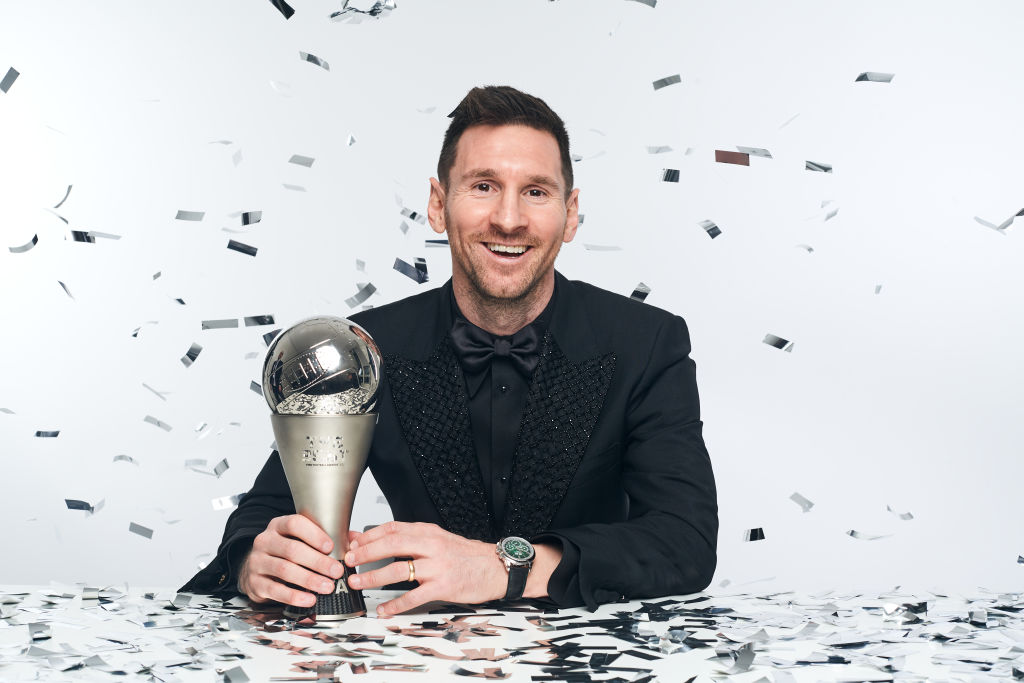
The great and good of football will descend on London on Monday evening alongside a fleet of the game's administrators to find out who will take home the prizes from the 2023 edition of the Best FIFA Awards.
The awkwardly-titled awards will celebrate achievement in both the men's and women's game in (most of) 2023 with Erling Haaland, Kylian Mbappe, Lionel Messi, Aitana Bonmati, Linda Caicedo and Jennifer Hermoso all up for their respective individual awards.
Here's everything you need to know about the ceremony, including who's nominated for what and how you can watch along if you absolutely have nothing better to do with your time.
What is the FIFA Best Awards?
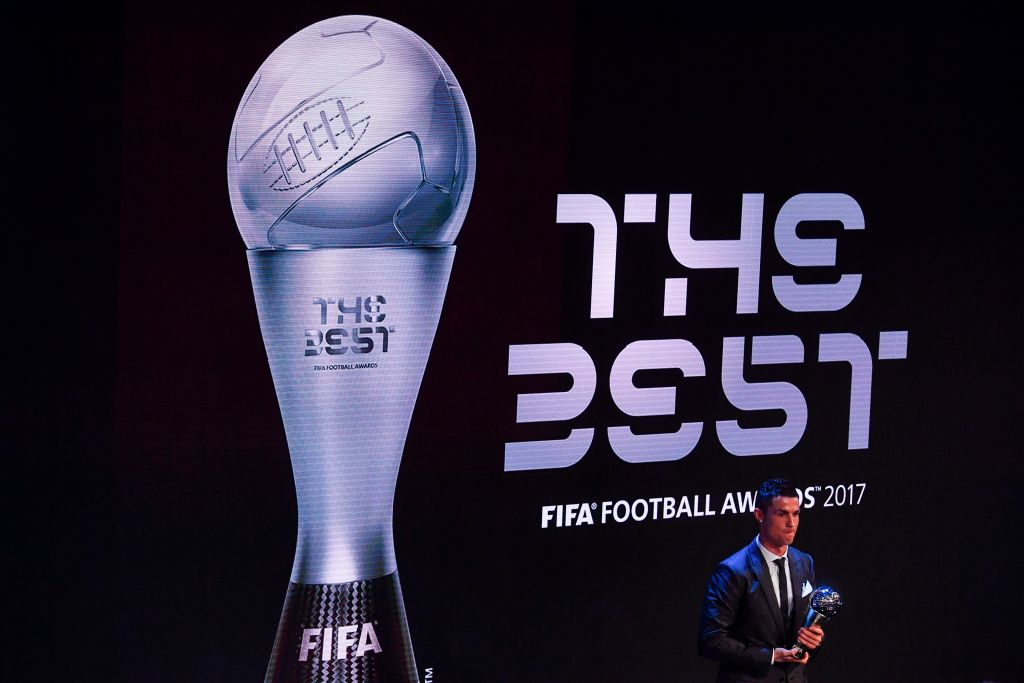
Created in 2016, the awards were initially a renewed effort by FIFA to have their own awards show having briefly collaborated with the Ballon d'Or (more on which later).
The FIFA Best Awards are effectively a successor to the World Player Gala awards, which were handed out from 1991-2009, with many of the awards sharing a spiritual lineage to the Gala awards.
This year the men's awards are based on the period from 19th December 2022 to 20th August 2023 (last year's timeframe having been extended to include the World Cup), while the women's awards are from 1st August 2022 to 20th August 2023.
What awards will be given at the FIFA Best Awards and who's nominated?
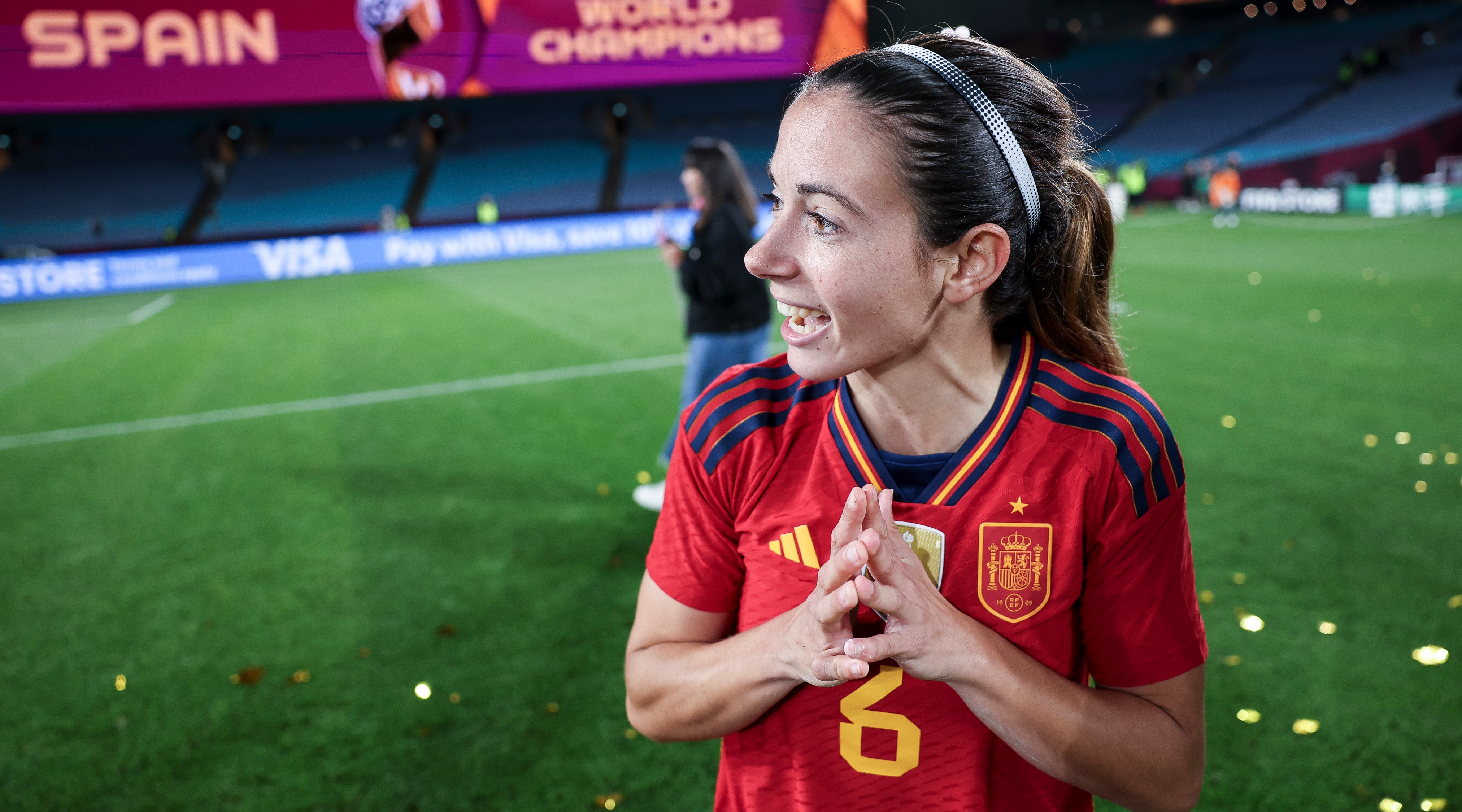
The final nominees for each award are as follows:
Women's player: Aitana Bonmati (Barcelona/Spain), Linda Caicedo (Deportivo Cali, Real Madrid/Colombia) and Jennifer Hermoso (Pachuca/Spain)
Men's player: Erling Haaland (Manchester City/Norway), Kylian Mbappe (PSG/France) and Lionel Messi (PSG, Inter Miami/Argentina)
Women's coach: Sarina Wiegman (England), Emma Hayes (Chelsea) and Jonatan Giraldez (Barcelona)
Men's coach: Pep Guardiola (Manchester City), Simone Inzaghi (Inter) and Luciano Spalletti (Napoli/Italy)
Women's goalkeeper: Mackenzie Arnold (West Ham/Australia), Catalina Coll (Barcelona/Spain) and Mary Earps (Manchester United/England)
Men's goalkeeper: Yassine Bounou (Sevilla/Morocco), Thibaut Courtois (Real Madrid/Belgium) and Ederson (Manchester City/Brazil)
Puskas award (best goal): Julio Enciso (Brighton), Guilherme Madruga (Botafogo) and Nuno Santos (Sporting). And no, not Alejandro Garnacho.
FIFA Fan award: Fran Hurndall, who dribbled a ball 1,000 kilometres from the Gold Coast to Sydney to raise money for charity and inspire female participation in sport. Miguel Angel, a Colombian boy whose final wish before dying was to meet the players from his favourite side Millonairos. And, erm, an unidentified Colon fan from Argentina who took a baby to a game. Yeah good luck mate.
Who votes for these awards?
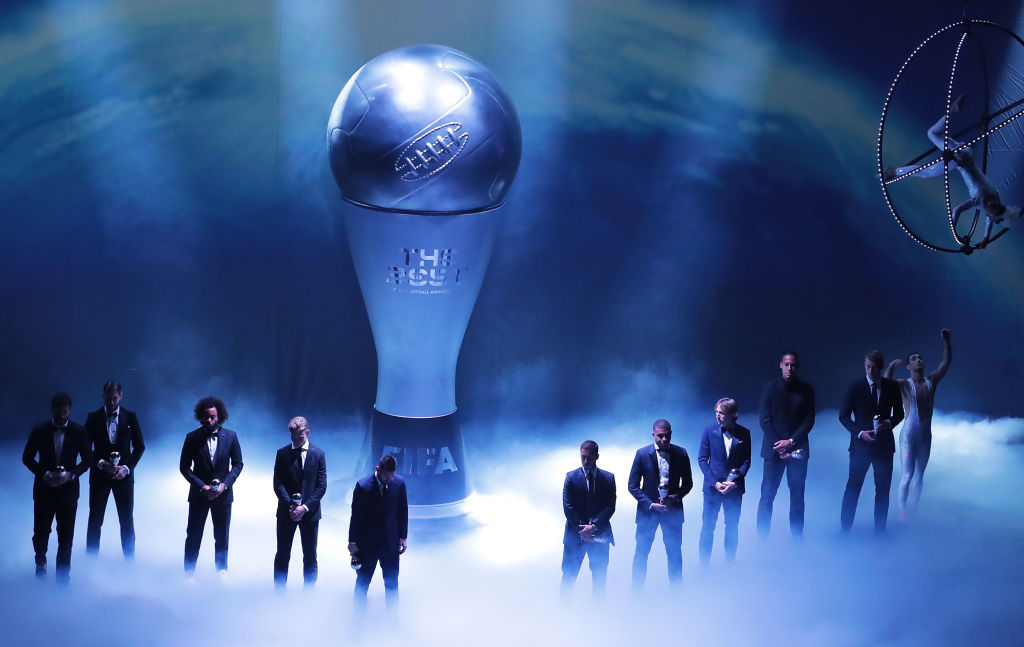
Voting is split evenly between four groups, who each account for 25% of the ballot. Those groups are:
- National team players
- National team captains
- Selected journalists
- Fans voting on the FIFA website
The Puskas award is voted for by pundits.
Where does the Ballon d'Or fit into this?
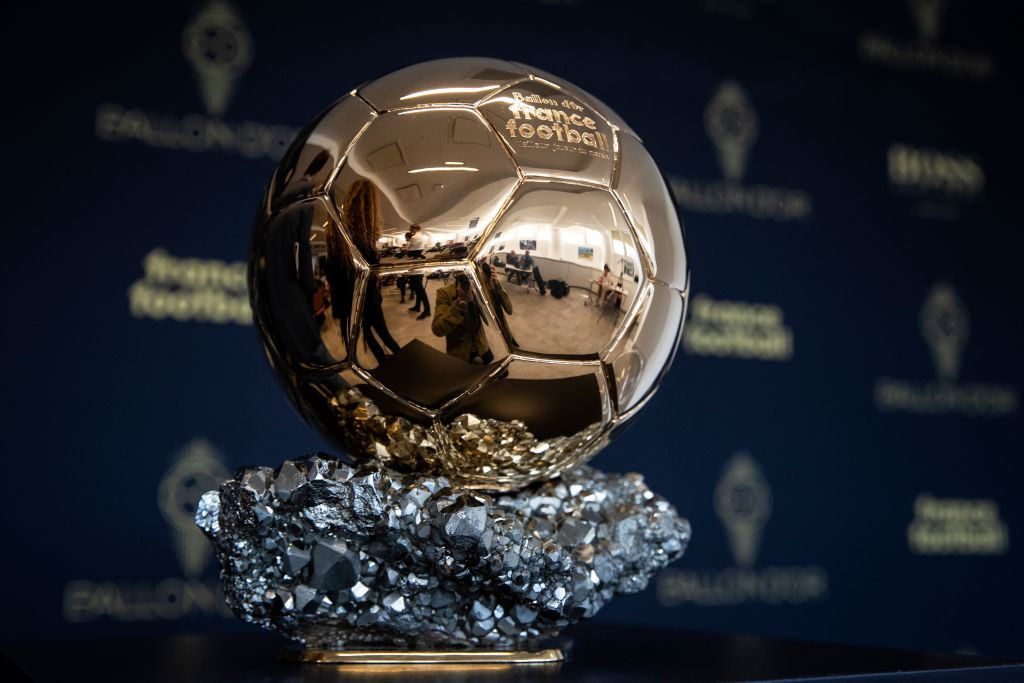
It doesn't.
A creation of France Football magazine, the 68-year-old award was merged with the FIFA World Player of the Year and thus officially recognised by FIFA from 2010 to 2015, before splitting back away from FIFA in 2016, when the world governing body instituted The Best awards.
Now operating judged on the basis of a winter season (one summer to the next), the Ballons d'Or for 2023 were awarded to Lionel Messi and Aitana Bonmati.
Where can I watch the FIFA Best Awards?
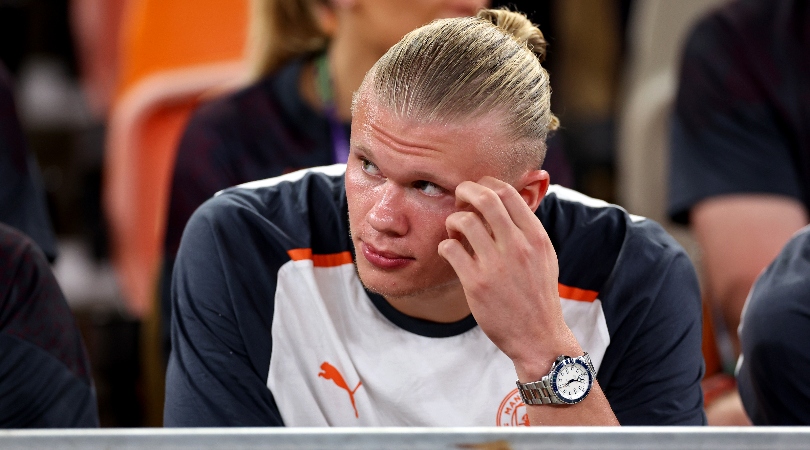
UK-based fans of the self-congratulation and glitzy hyperbole of awards shows will be delighted to know they can tune in to watch on BBC iPlayer from 7:30pm on Monday.
Here's a full guide on how to watch wherever you are in the world







